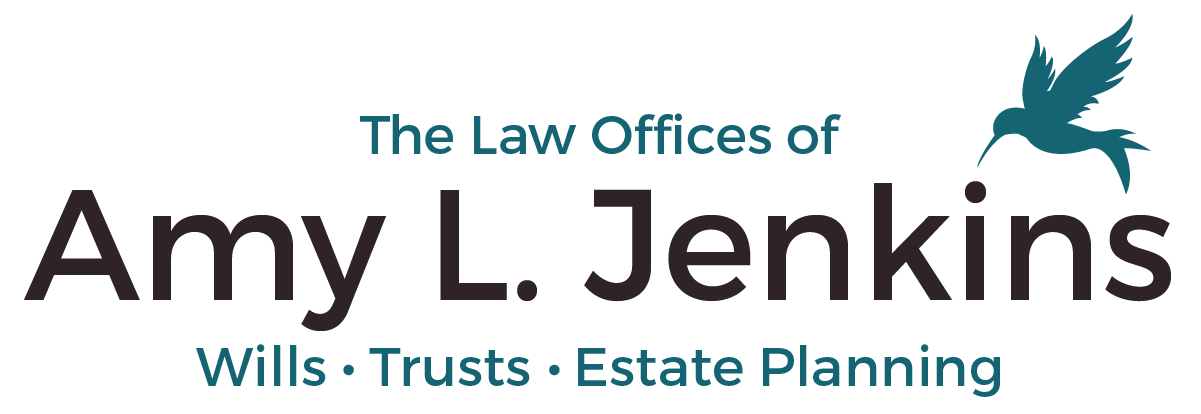For those caring for a loved one, understanding the intricacies of guardianship is key to making informed and protective decisions. Whether you're actively managing your loved one's care or planning ahead, understanding the different types of guardianship can help you make decisions that best serve your family’s needs.
Guardianship of the Person
As a Guardian of the Person, you are responsible for your loved one's daily and personal care decisions. This includes considerations like housing, medical care, and education. For minor children, this might involve managing their schooling, health care, and even day-to-day activities like feeding and clothing. For adults, the role often extends to managing medical appointments and decisions about residential care. Imagine orchestrating a balanced schedule of doctor visits and ensuring secure living arrangements — these are the typical duties you would manage under this type of guardianship.
Guardianship of the Estate
In contrast, a Guardian of the Estate manages financial responsibilities, ensuring bills are paid on time and property is maintained. This role requires overseeing financial assets, sometimes placing them in a "blocked account" that requires court approval for access. For example, you might find yourself balancing a checkbook, managing investments, or ensuring the mortgage is up to date. This form of guardianship emphasizes safeguarding the financial health and property of your loved one.
Combined Guardianship
Some families opt for combined guardianship, allowing one person to oversee both personal and financial matters. However, courts might decide for separate appointments to ensure a balance of power. For instance, you could be responsible for both managing hospital transitions and handling financial responsibilities like taxes and property management, bringing a comprehensive approach to care and stability.
Guardianship vs. Power of Attorney (POA)
It's important to distinguish guardianship from power of attorney. While a POA is voluntarily set up by a competent person, granting authority to others preemptively, guardianship is a court-appointed role made necessary when no POA exists or when an individual cannot make or communicate decisions. Even if someone has a financial POA, they might still need a guardian for personal or medical decisions if they lack a healthcare POA.
Court Oversight in Guardianship
In all guardianship cases, court involvement guarantees ongoing oversight. This helps ensure that guardians act in the best interests of the person they are caring for. It’s possible to change guardians, but any modification requires court approval, maintaining a structured and transparent care environment.
Embarking on the journey of guardianship, whether for a Guardian of the Person or Estate, can be overwhelming. Remember, this legal framework exists to protect individuals who are unable to make decisions for themselves. If you're uncertain or need guidance on what's right for your circumstances, consult a legal professional to explore your options. Creating a structured plan ensures both care and financial stability for your loved one.

